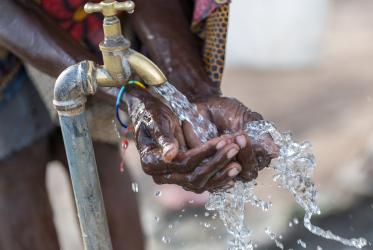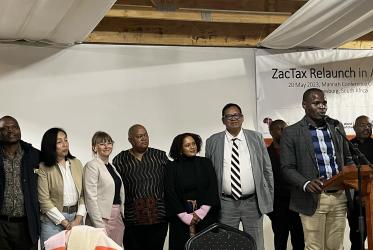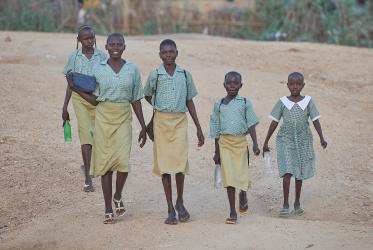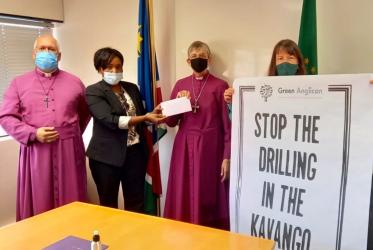Displaying 1 - 20 of 154
ZacTax Campaign relaunched in Africa
23 May 2023
Major African youth congress opens in Ghana
02 November 2022
African church youth hold crucial pre-congress meeting
27 October 2021
Protecting Ethiopia’s church forests
27 October 2021
South Sudanese Churches shelter populations displaced by floods
23 September 2021



















